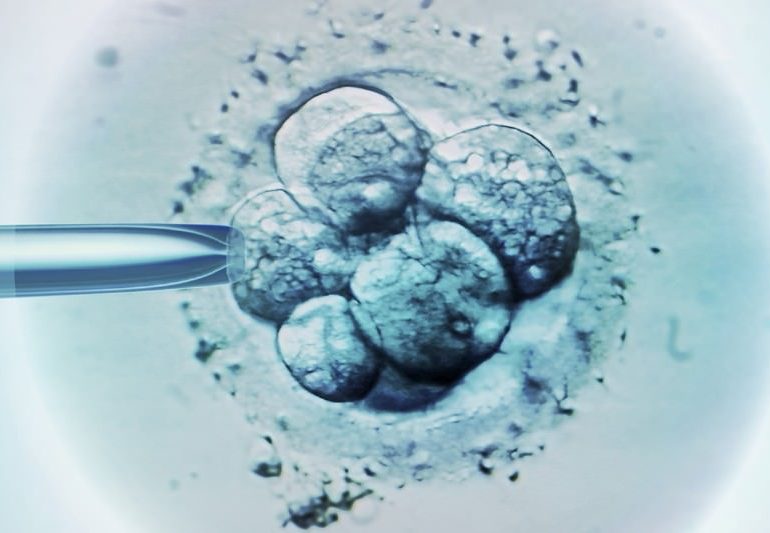Every day, we are reminded that the future is already here; from the inception of new technology to scientific breakthroughs that can alter mankind.
One of such is a new discovery by scientists who, for the first time, have successfully edited genes in human embryos to repair a common and serious disease-causing mutation. The result: healthy embryos.
This research, according to a study published Wednesday in the journal Nature, raises hope that gene editing may protect babies from hereditary conditions in the nearest future.
The study came out months after a national scientific committee recommended new guidelines for modifying embryos, easing blanket proscriptions but urging it be used only for dire medical problems.
Richard Hynes, a cancer researcher at the Massachusetts Institute of Technology who co-led the committee said, “We’ve always said in the past gene editing shouldn’t be done, mostly because it couldn’t be done safely. That’s still true, but now it looks like it’s going to be done safely soon”.
He added that the research is “a big breakthrough”.
“What our report said was, once the technical hurdles are cleared, then there will be societal issues that have to be considered and discussions that are going to have to happen. Now’s the time.”
Scientists at Oregon Health and Science University, with colleagues in California, China and South Korea, reported that they repaired dozens of embryos, fixing a mutation that causes a common heart condition that can lead to sudden death later in life.
Jennifer Doudna, a biochemist who helped discover the gene-editing method CRISPR-Cas9, said, “It feels a bit like a ‘one small step for (hu)mans, one giant leap for (hu)mankind’ moment.
“I expect these results will be encouraging to those who hope to use human embryo editing for either research or eventual clinical purposes.”
Although more research needs to be done before it can get to the clinical trial stage, when it does, generations of genetic diseases may be stopped from being transmitted to descendants.
Copyright 2025 TheCable. All rights reserved. This material, and other digital content on this website, may not be reproduced, published, broadcast, rewritten or redistributed in whole or in part without prior express written permission from TheCable.
Follow us on twitter @Thecablestyle

